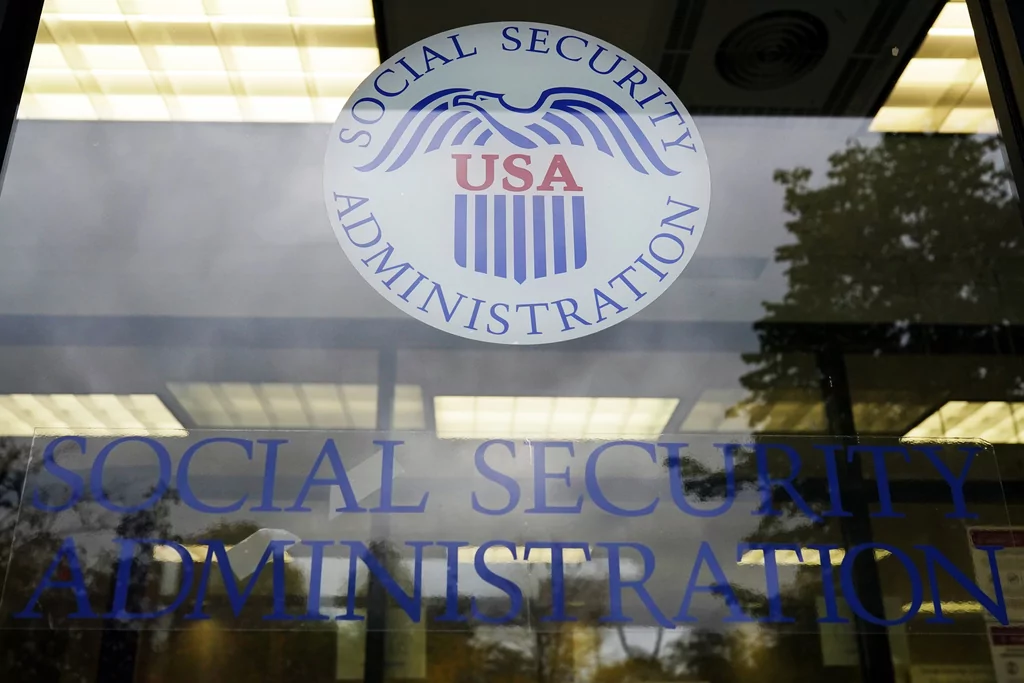

The measure repeals two tax rules, the Windfall Elimination Provision and the Government Pension Offset, that reduce benefits for those with public pensions from jobs that weren’t subject to Social Security taxes, such as teachers, first responders, and other government employees.
SENATE RACES TO APPROVE SOCIAL SECURITY EXPANSION BEFORE END OF CONGRESS
The Democratic-led Senate passed the measure 76-20. It cleared the GOP-controlled House 327-75 last month and will now head to President Joe Biden for his signature.
The changes are effective for benefits payable after December 2023. It’s unclear how quickly the Social Security Administration will be able to update future benefits and make retroactive payments.
SSA has an online tool that estimates how pensions may reduce benefits.
“Social Security is the foundation of retirement income for most Americans,” said Sen. Susan Collins (R-ME), a co-author of the bill. “Yet many teachers, firefighters, police officers, and other public servants often see their earned Social Security benefits unfairly reduced.”
Sen. Sherrod Brown (D-OH), a co-author who lost reelection last month, said the bipartisan vote tally was proof that “people understand the fairness of this, of fixing this.”
“It’s a wonderful way to end the year, where we’re bringing some equity,” Brown said.
Despite the bipartisanship, the legislation wasn’t without significant opposition.
Critics made a twofold case against it: Social Security will run out of money sooner, and expanding benefits to those with jobs that weren’t covered by Social Security taxes is unfair to taxpayers.
The Windfall Elimination Provision and the Government Pension Offset reduce the benefits of around 2.8 million people, or roughly 4% of all beneficiaries. The WEP applies to those who have a pension from jobs not subject to Social Security payroll tax, while the GPO reduces benefits of spouses and widows or widowers with a government-based pension from jobs also not covered by Social Security.
“Non-covered earnings” most often apply to jobs with federal, state, or local governments, non-profit groups, and employers based in other countries. There are several exemptions to WEP and GPO.
CAPITOL’S NEW CROP: THE FRESH FACES OF THE HOUSE IN THE 119TH CONGRESS
Without changes, the nonpartisan Congressional Budget Office estimates the Social Security trust fund will run out of money in fiscal year 2033. Enacting the Social Security Fairness Act would move up that timeline by “roughly half a year earlier than it would be under current law,” the CBO recently told Sen. Chuck Grassley (R-IA).
The CBO projects that boosting benefits will cost nearly $196 billion over a decade. When accounting for the interest on borrowed money, the National Taxpayers Union Foundation says the true cost would be closer to $233 billion.







